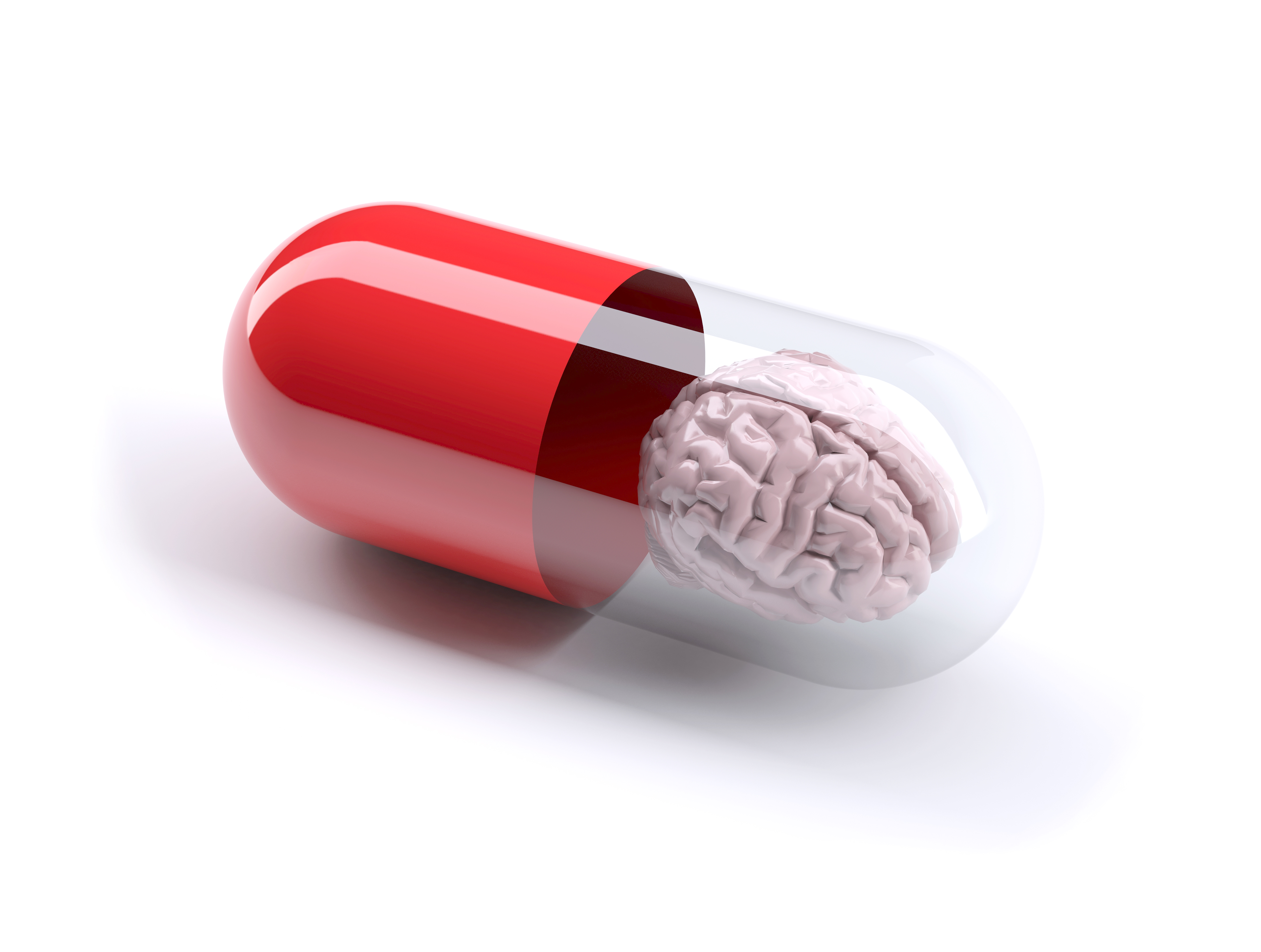Medications and How to Get a Prescription
Recently, one of the women in a support group I run asked, “If I want to try a medication, where do I begin? What is the process?” That night, I looked for an article on the internet to post in our Facebook group and came up short. If one person has a question, many people have a question, and we address it here. There are several ways you can go about getting medications, and each have slightly different processes: going to your regular doctor, working through your therapist/psychologist, and seeing a psychiatrist. Whichever route you take, ask questions and have a chat with a pharmacist, too.
Your Regular Doctor
One of the most common ways of getting a prescription for a mental health illness is to go through your regular doctor. Most doctors have a high-level understanding of the medications currently on the market and how they work. There are several benefits to start this way: familiarity makes it easier to talk with your doctor; your doctor is intimate with the rest of your medical history; and, most doctors are easy to get appointments with.
However, there are a few downsides to getting a prescription this way. As generalists, most internal medicine doctors do not have deep training in mental illnesses and current best practices for treating them. They typically have a few go-to medications they prescribe (like Ritalin for ADD or Xanax for anxiety). If your body doesn’t respond to the medication as expected or desired, they may not be able to assist effectively. One concern is that your diagnosis may not be 100% accurate, and taking the wrong drug may activate other symptoms. This is not unusual when an undiagnosed bipolar patient takes an anti-depressant, known for triggering hypomanic/manic cycles. Lastly, they usually are not well-equipped to help when “co-morbidities” exist (when you have multiple mental illnesses, like depression and autism). Ultimately, you need to determine your comfort level with your personal physician and their level of expertise when it comes to mental illnesses.
Your Therapist/Psychologist
The next option is to talk with your psychologist or therapist. Ask for feedback on the severity of your symptoms and request an opinion on whether or not a prescription could help you. In addition, it is more likely that your diagnosis will be accurate, depending on how long you’ve worked with them. Psychologists are not doctors, and therefore they can’t actually write any prescriptions. However, every therapist should be able to provide you with a list of good psychiatrists.
A Psychiatrist
Psychiatrists are the gold standard for exploring the right medication to treat your mental illness. They have extensive training in the DSM (used to identify all mental illnesses and their symptoms), and the effectiveness of various medications. Additionally, most states require they take a certain number of hours of training every year to stay up-to-date on the latest treatment methods. They also know the side effects of each medication and (usually) the rate at which those side effects show up in patients. One example is Lamictal, a medication commonly used to treat bipolar disorder. One in 1,000 patients gets a skin rash as a side effect, which means that it is not the right treatment method for that person.
Psychiatrists are also best when you have more than one mental illness or other medical issues. There are a few disorders that commonly co-exist (such as anxiety and depression, or depression and ADHD). In these cases, it may be that a combination of medications are appropriate, and must complement each other to be effective. Lastly, a lot of drug addicts and alcoholics have underlying mental disorders, and those addictions may require a different treatment approach. Stimulants are typically prescribed for those with ADD, and would be challenging for a recovering cocaine (or other stimulant) recovering addict.
Working with a Psychiatrist
There are a few details about working with a psychiatrist that are unique. It can take time – sometimes weeks – to get an appointment. Psychiatrists don’t offer talk therapy as a general rule, although I’m told they exist (I’ve never met one). As such, most of their appointments are 15-30 minutes in length, so patients can sometimes feel rushed. It is important that the patient take their time and get the information they need before leaving the psychiatrist’s office.
Additionally, psychiatrists are more likely than a general practitioner to take a “low and slow” approach to a prescription. Some patients find this frustrating, as they just want to feel better and the low-and-slow philosophy can mean that it takes a few weeks – sometimes months – before relief is felt. Yet, this approach is really important to an effective medicinal treatment. In order to prevent the risks of “zombie effect,” exaggerating other side effects, or that negative interactions with other medications are as slim as possible, dosages need to be at the lowest level possible. As a result, it is not uncommon for a psychiatrist to leave you at a dosage level for four weeks, enough time for your body to adjust and respond (or not) to the medication.
One last point about psychiatrists and getting a prescription to call out: treating for more than one mental illness. Philosophies on the best approach on this appear to be split. Some psychiatrists believe in treating one illness at a time to get to the right combination of drugs. For example, finding the right treatment for depression first, and then treating the autism (especially likely in the case of children). Other psychiatrists will prescribe for multiple illnesses together, especially when they’ve found a mix of drugs that typically work for “standard” situations (such as when both anxiety and depression exist).
Get Informed Before Going on Medications – Ask Questions
Regardless of which route you pursue to get a prescription, the person whose body (and life!) is impacted is YOU. Each of us has a unique body, and our hormones and internal chemistry means that different medications impact each of us differently. We must educate ourselves about what we put into our bodies; for some of us, the side effects and their risks may not overcome the potential benefits of a particular drug. With that in mind, here’s a list of questions that are useful to ask before agreeing to a particular treatment (feel free to print these out):
- What is the goal with this medication? Is it to completely erase the symptoms or to lessen them?
- How will I know when it’s working?
- What are the side effects associated with this drug? What are the most common ones? How likely am I to get them?
- What do you expect my response to be over the initial treatment period?
- What are the signs that I need to call you immediately to change this prescription?
- Are there other options besides this one? Why are you recommending this particular drug?
- How will this impact my addiction/chronic health condition/other existing medications?
- Do I need to take this pill at the same time every day? How late can I take it before I just need to skip it?
- How often do I need to take it? As needed (e.g., for a panic attack), short-term (to simply lift a depression), or long-term (for a more chronic issue, such as bipolar disorder)?
- What happens if I don’t want to continue taking this drug? Can I simply just stop? Do I need to taper off? Why?
- Assuming this works, what are the next steps for me?
- If this doesn’t work, what are the next steps for me?
- What other questions should I be asking that I haven’t asked yet?
I recommend writing down your answers; you may find them encouraging and a good reference point as you go through the trial period.
Additionally, I would ask these questions every time you change dosage levels or medications. Number 10, in particular, is vitally important. Most drugs used to treat mental illnesses can’t just be quit; tapering off is necessary to protect your body and your mind. Sometimes, the doctor uses other drugs during the tapering-off process for this purpose.
Visit the Pharmacist
Regardless of what you decide with your doctor, I recommend talking with a pharmacist. Any pharmacist will give you a print out related to any drug that details its usage, its impacts, and the side effects. The pharmacist is also in the best position to answer questions about possible interactions when taking more than one medication at a time. If you are on an anti-coagulant for your heart, you certainly don’t want to take another medication that will counteract or exaggerate its effects. While most doctors and psychiatrists generally know these details, the pharmacist is an expert. They can advise of differences between the generic and the brand drug, or if responses between one generic and another might differ.
Conclusion
Ultimately, getting a prescription is simple: pick a doctor, talk through your options, and pick a treatment path. As scary as it can be to embark on a new adventure, medication can be a real help in our recovery process. While not a “fix,” it can stabilize us enough to start and get the most effectiveness out of our larger recovery plan. If you are considering embarking on this path, I encourage to take the first step and make an appointment today.
Have you had any experiences with prescriptions for a mental illness? I’d love to hear your feedback in the comments below!
Looking for daily inspiration and community? Join our warm and supportive Facebook group!









